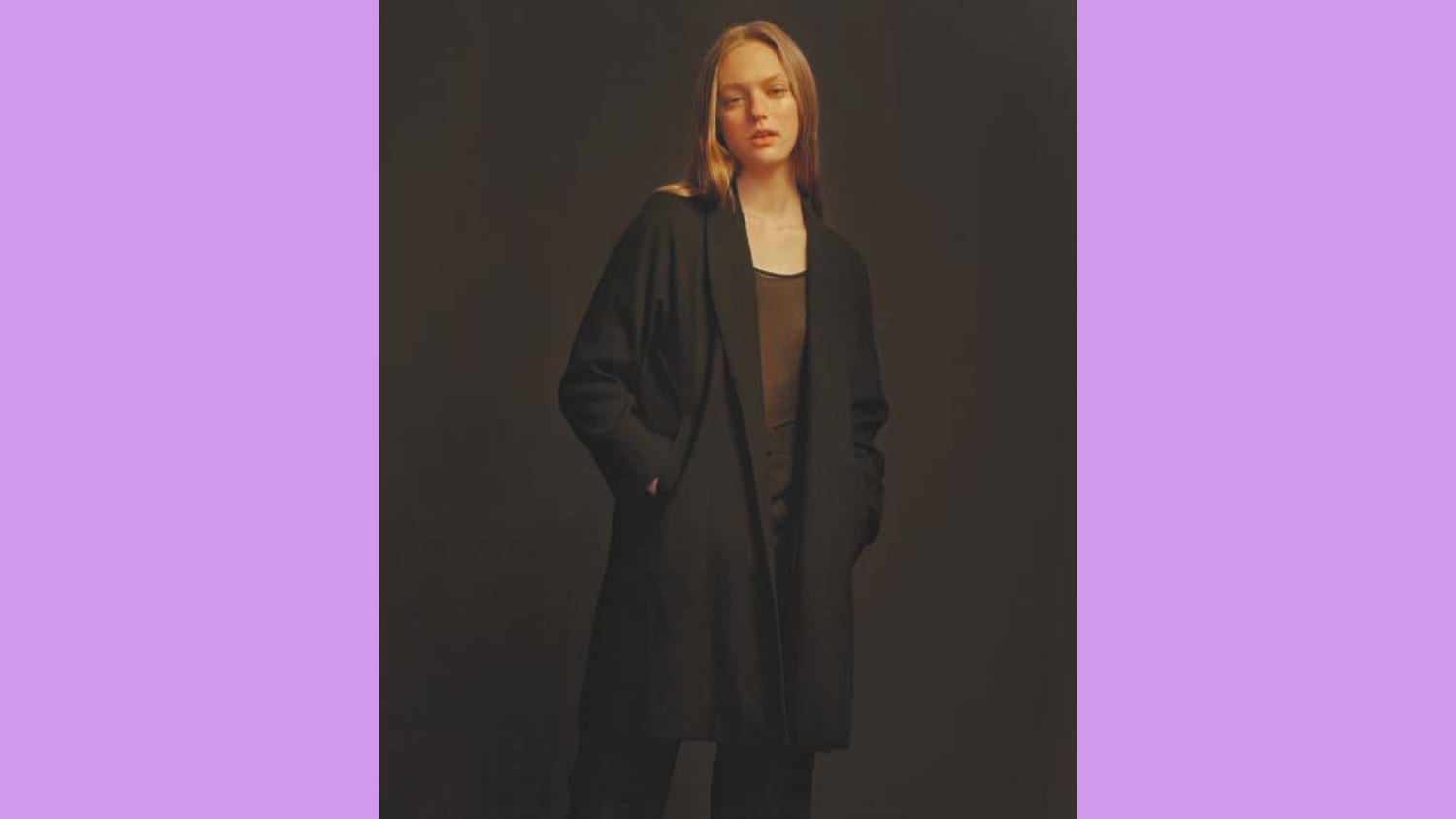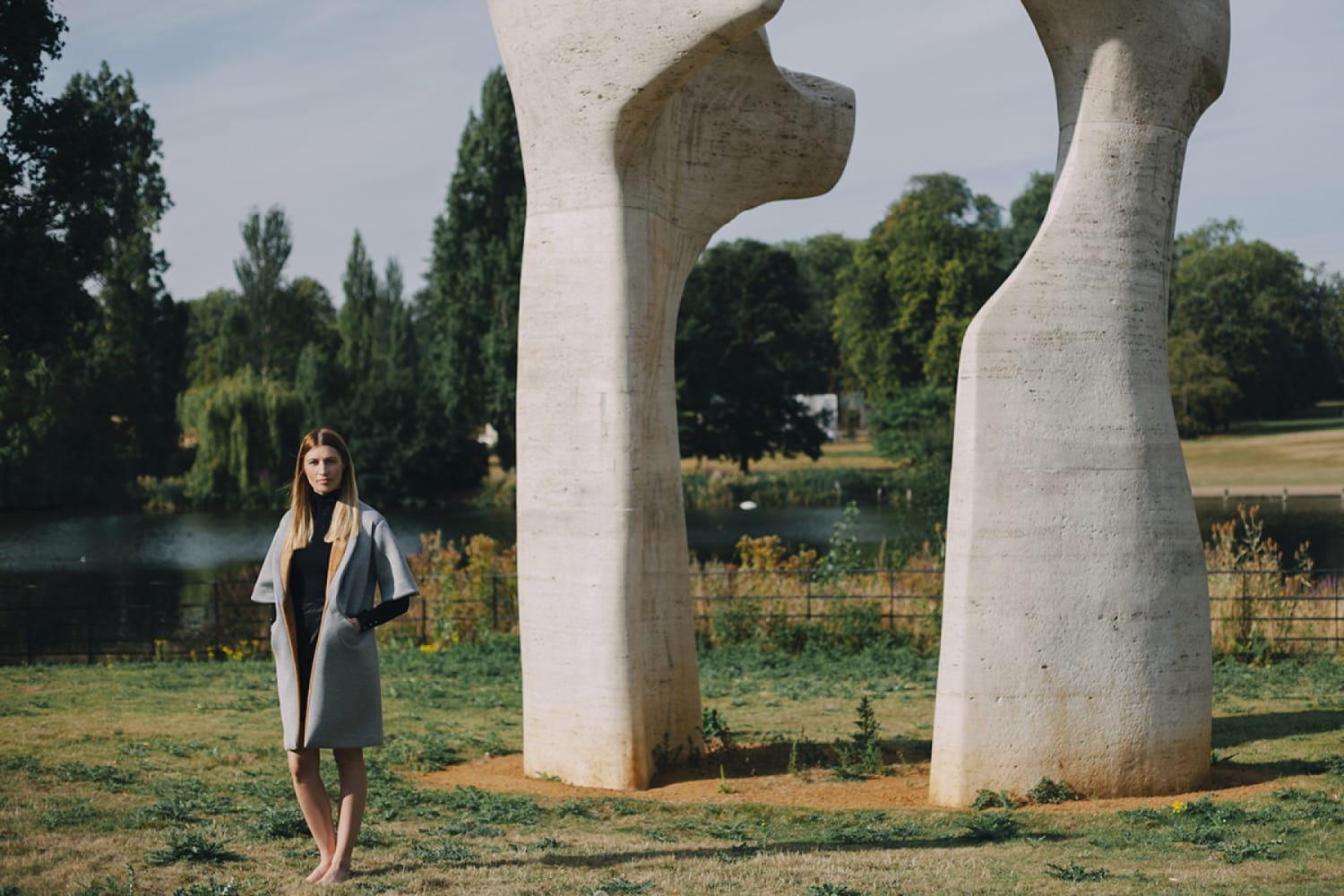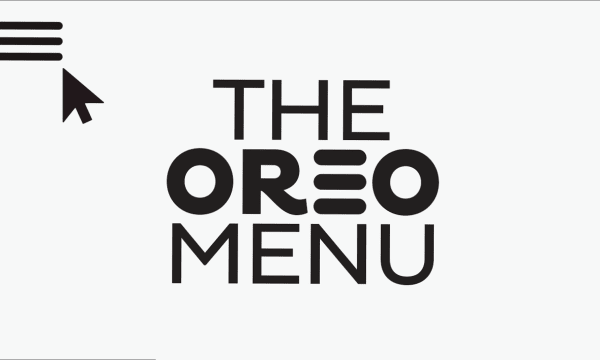Has the luxury consumer had enough of “more”? Emerging brands in the fashion and design worlds seem to suggest so, as they offer consumers perennially stylish, high-quality clothing and design products designed to last well beyond a single season.
This idea of “less but better”—a phrase coined by the German industrial designer Dieter Rams—has been picking up steam in the wider retail world over the past year, and gained traction when Ikea’s chief sustainability officer Steve Howard argued during The Guardian’s Sustainable Business Debates in January that “in the West we have probably hit ‘peak stuff.’”
More broadly, the success of Marie Kondo’s Konmari method of decluttering, which exhorts followers to part with any possessions that don’t “spark joy,” and publications such as “slow lifestyle” magazine Kinfolk suggest that pared-down lifestyles are becoming aspirational for the well-off—especially when the sustainability implications of trend-led clothes and furniture that are out of fashion six months’ time come into play.
One new label whose philosophy chimes with this outlook is Permanent Collection, a capsule clothing line launched this fall by California-born, London-based curators Mariah Nielson and Fanny Singer. The duo bills the collection as offering “pieces defined by timeless value, whose currency as art and design will endure.”







